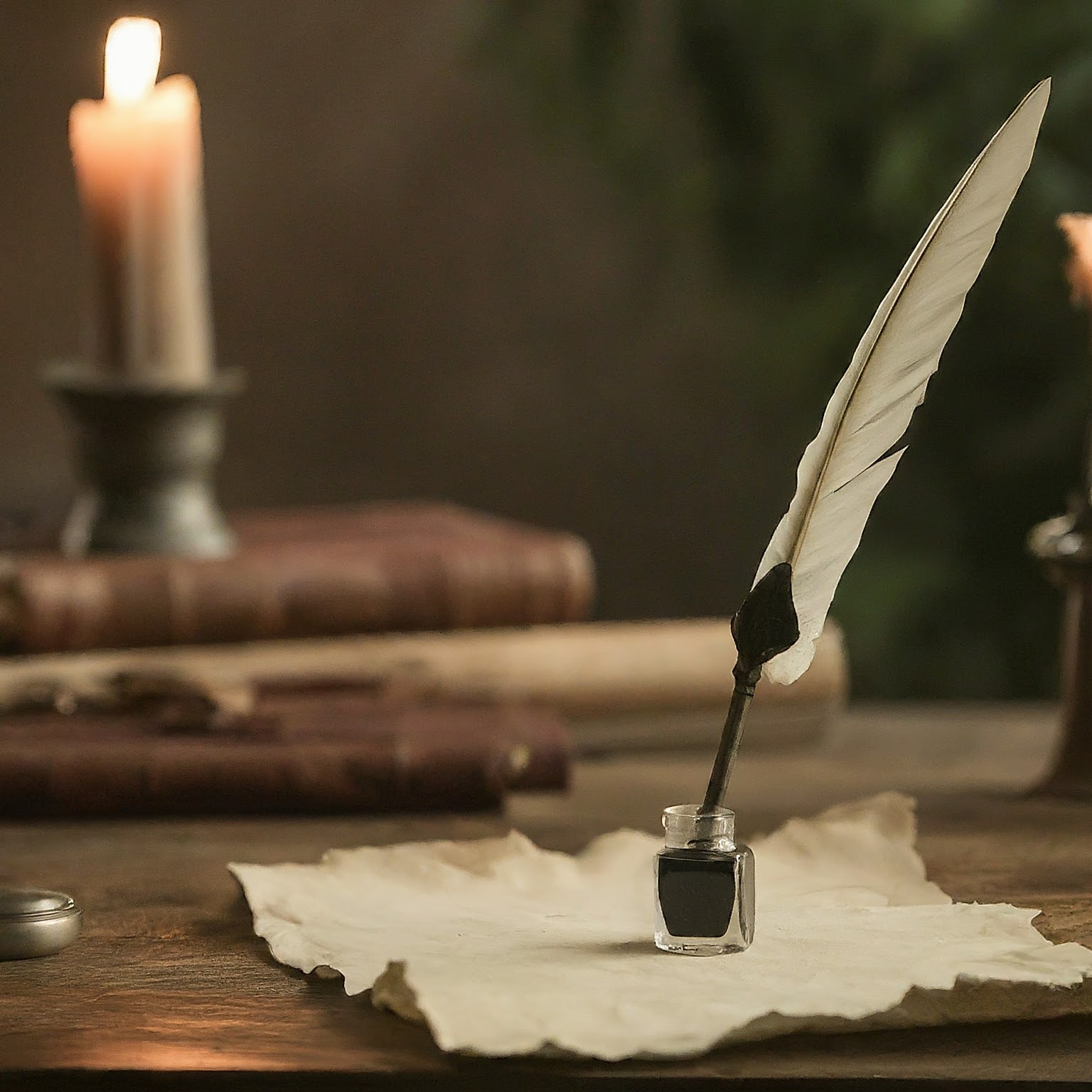Mastering the Art of the Deal (One Bid at a Time)
After a brief hiatus spent laying low and contemplating my next move, I landed a role as a Technical Pre-Sales specialist for one of the UK’s largest organizations. My focus: the public sector. It was here I became intimately acquainted with the intricate dance of formal procurement, the infamous OJEU process (Official Journal of the European Union, for the uninitiated).
For over a decade, I navigated the labyrinth of Soft Market Tests, PQQs, RFIs, RFPs, and ITTs – acronyms that would make your head spin. Hundreds of bids, not just in the UK, but across Europe and APAC. And you know what? I thrived.
There was something strangely satisfying about the structured nature of these procurement processes. The detailed evaluation criteria, the transparent scoring mechanisms, a level playing field (sometimes) – they provided a framework for my writing, a challenge to articulate precisely how I could solve their problems. (I’ll delve deeper into the art of bid writing another time, as it’s a topic ripe with valuable lessons.)
It was during this time that I discovered that good writing doesn’t necessarily require a boundless imagination. Facts, detail, and brevity – these were my weapons of choice in the battle for multi-million-pound deals.
Money wasn’t my primary motivator back then. I felt well-compensated, respected by colleagues and clients alike. My product knowledge was encyclopedic, and I prided myself on being the go-to guy for troubleshooting. This is where my imagination truly shone, not in crafting fictional narratives, but in devising ingenious solutions.
A propsect presented a challenge, I had a product (or two). The puzzle was how to weave them together into a compelling solution, one that outshone the competition. I became a master of adaptation, a jack-of-all-trades. If a winning proposal required learning a new skill, I’d dive in headfirst. A dash of research, a sprinkle of creativity, and a well-crafted document later, I’d convince the client that I held the key to their success. Then, I’d hand off the implementation to the specialists for delivery, the true masters of their craft.
Money, Money, Money
But let’s get back to the money. After a decade in public sector pre-sales, I felt I’d reached a plateau. The work, while rewarding, had become somewhat predictable. The clients – police, fire, ambulance services – all had similar needs, and the bids were starting to feel like variations on a theme. It was time for a change.
I decided to revisit a field that had always fascinated me: cybersecurity. I joined a leading global vendor, eager to immerse myself in the cutting-edge world of digital threats and defenses. Then came my first paycheck. And that’s when I discovered the glorious concept of commission.
Commission, I naively believed, was reserved for the Account Managers, the closers. But here I was, doing the same Technical Pre-Sales work, supporting the sales team, playing a crucial role in securing those wins. Yet, they were reaping the financial rewards while I was fueled by the sheer satisfaction of victory.
Because let’s be honest, there’s no feeling quite like winning a deal. Whether it’s a small contract or a major account, the thrill comes from understanding the client’s needs, crafting the perfect solution, and articulating its value with such clarity that they choose you over a sea of competitors. It’s about translating complex technical jargon into a compelling narrative that resonates with the decision-makers.
Okay, I take it back. There is a feeling better than just winning the deal. It’s winning the deal and watching your salary practically triple in a single year because of it! That’s when the money truly became a motivator. Not out of pure greed, but because it opened doors to new experiences, new hobbies, and the ability to better care for those around me.
Four years on, and here I am, basking in the golden hues of dusk outside a Koh Tao laundrette. The air is thick with humidity, the cicadas are chirping their evening chorus, and I’m fully immersed in one of my favorite pastimes: travel.

Leave a Reply